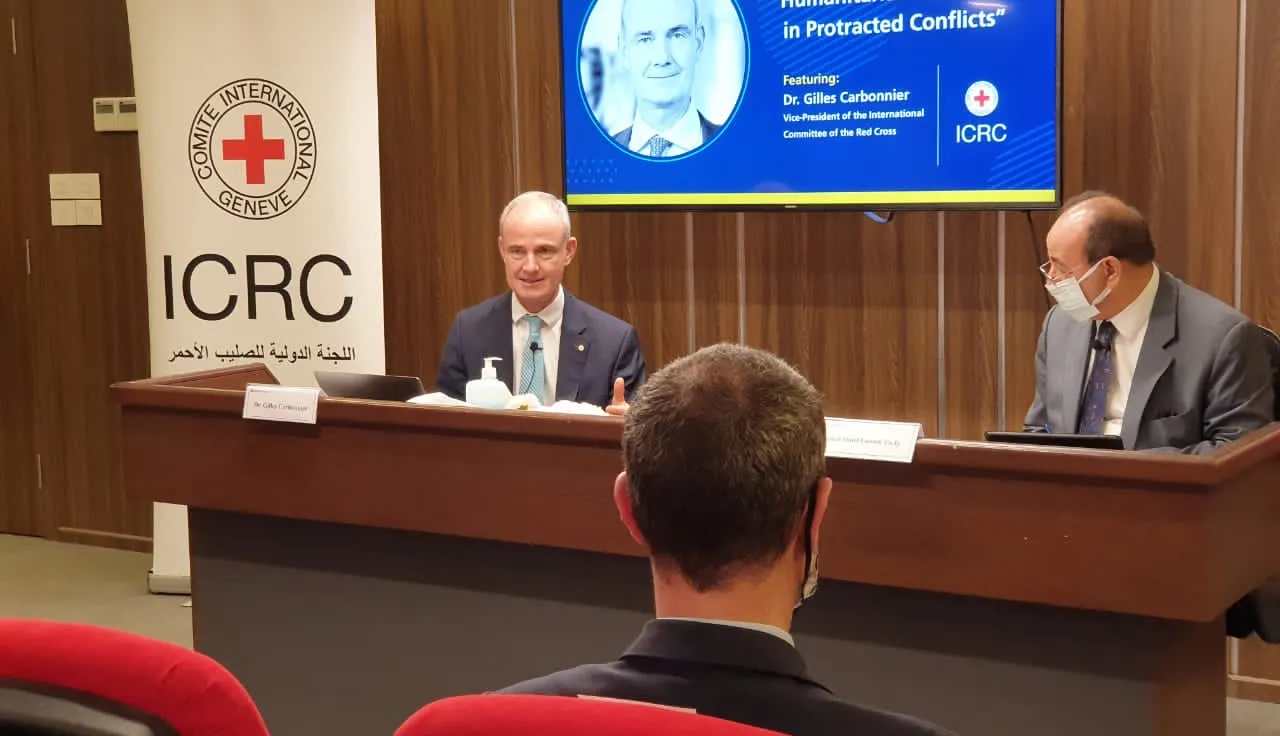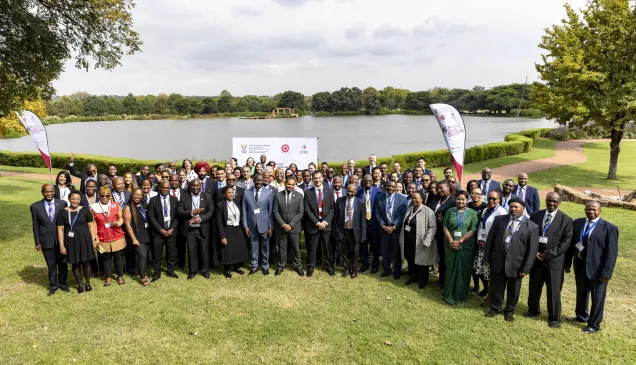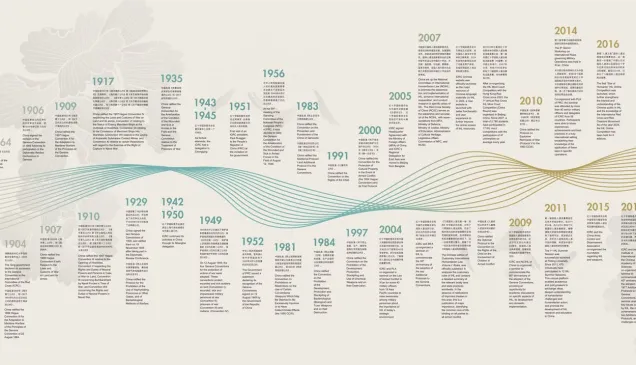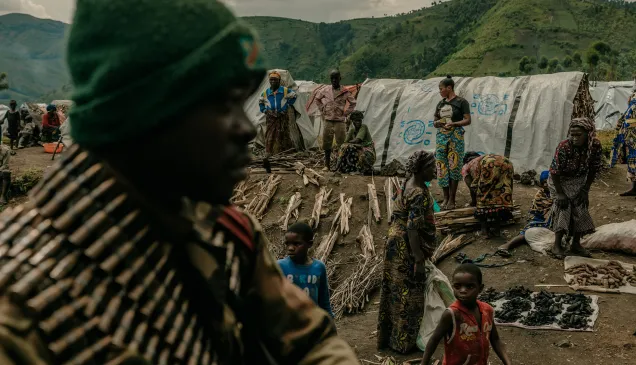Humanitarian Economics: ICRC Vice President on how it can better address protracted conflicts

Cairo (ICRC / ECSS) Coinciding with the visit of Gilles Carbonnier, the Vice President of the International Committee of the Red Cross (ICRC) to Egypt, the Egyptian Center for Strategic Studies (ECSS) hosted a lecture by Dr. Carbonnier at its headquarters in Cairo.
In his presentation, titled “Humanitarian Economics in Protracted Conflicts”, Dr. Carbonnier spoke about the complexity of protracted armed conflicts and how it affects communities and the work of the ICRC in going beyond emergency aid and working on resilience and the self-sustainability of affected populations.
The protracted nature of crisis in countries characterized by fragility, conflict, and violence requires more fundamental livelihood support and resilience-building measures together with the restoration of vital services. Compounding the problem, protracted conflicts are further aggravated by climate change and now the COVID-19 pandemic.
“This requires stronger partnerships between humanitarian organizations, development actors, and local service providers for a sustainable humanitarian impact,” Dr. Carbonnier said. “Protracted conflicts evolve with time and this requires continuous adaptations of humanitarian strategies,” he added.
For this, Dr. Carbonnier explained that the ICRC is combining extensive humanitarian diplomacy campaigns with innovative financial models for fund raising, such as humanitarian impact bonds, and integrating technological development into ICRC work to enhance its impact in all fields of activities while ensuring strict protection of personal data.
The lecture was moderated by Dr. Gamal Abdel Gawad, Member of the Advisory Board of the ECSS, with the participation of 25 of the ECSS’s advisory board members, experts and researchers. Mr Carbonnier and the researchers engaged actively on the topic, exchanging points of view on protracted conflicts and how they could be better addressed.



